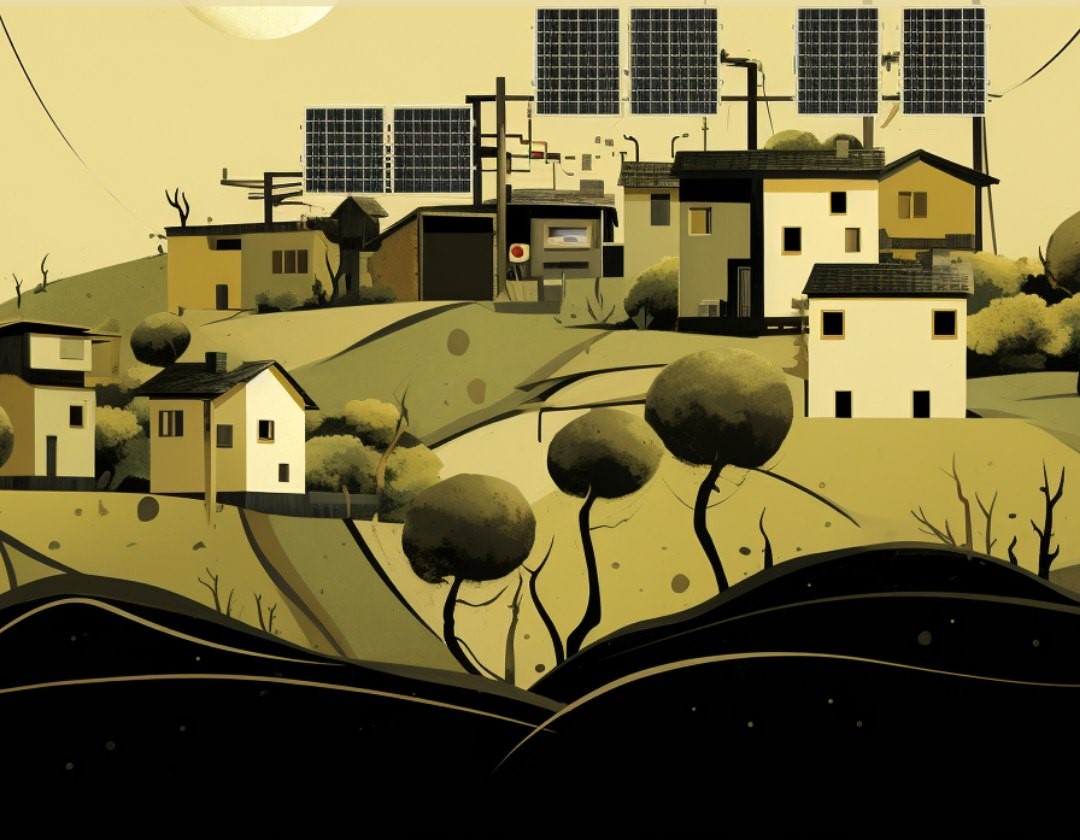Investing in solar energy is a smart move for both your wallet and the environment. However, the initial cost of installing solar panels can be a significant barrier for many homeowners. Fortunately, solar system loans offer a practical solution to finance your solar investment, making renewable energy more accessible. This guide will walk you through the process of choosing the right solar system loan to meet your needs.
Understanding Solar System Loans
Solar system loans are specialized financing options designed to help homeowners cover the upfront costs of solar panel installations. These loans allow you to spread the cost of your solar system over several years, making it easier to afford. There are various types of solar system loans, each with its own terms, interest rates, and benefits.
Types of Solar System Loans
- Secured Loans: These loans are backed by collateral, typically your home. Because they are secured, they often come with lower interest rates but require you to risk your property if you default on the loan.
- Unsecured Loans: Unlike secured loans, unsecured loans do not require collateral. However, they tend to have higher interest rates due to the increased risk to the lender.
- Home Equity Loans and Lines of Credit (HELOCs): These are secured loans that use your home’s equity as collateral. They usually offer favorable interest rates and terms, but your home is at risk if you fail to make payments.
- PACE Financing: Property Assessed Clean Energy (PACE) programs allow homeowners to finance solar installations through their property tax assessments. Repayment is made via an annual property tax bill, and the loan is attached to the property rather than the individual.
- Manufacturer and Installer Financing: Some solar panel manufacturers and installation companies offer in-house financing options. These can be convenient and may include promotional rates or incentives.
Key Factors to Consider
When evaluating solar system loans, it’s essential to consider several factors to ensure you select the best option for your financial situation and energy needs.
1. Interest Rates
The interest rate on your loan will significantly impact the total cost of your solar system over time. Lower interest rates mean lower overall costs. Compare rates from different lenders and financing programs to find the most competitive option.
2. Loan Terms
Loan terms can vary from a few years to over two decades. Longer terms result in lower monthly payments but may increase the total interest paid over the life of the loan. Consider your monthly budget and long-term financial goals when choosing a loan term.
3. Fees and Additional Costs
Be aware of any fees associated with the loan, such as origination fees, application fees, or prepayment penalties. These can add to the overall cost of your solar system and affect the affordability of the loan.
4. Eligibility Requirements
Different lenders have varying eligibility criteria, including credit score requirements, income thresholds, and debt-to-income ratios. Ensure you meet the eligibility requirements before applying to avoid unnecessary credit checks and potential rejections.
5. Repayment Flexibility
Check if the loan offers flexible repayment options, such as the ability to make extra payments or pay off the loan early without penalties. This flexibility can help you save on interest costs if you have the financial means to pay off the loan sooner.
6. Customer Service and Support
Good customer service is crucial, especially if you encounter issues during the loan term. Look for lenders with positive reviews and a reputation for responsive, helpful customer support.
Steps to Choose the Right Solar System Loan
- Assess Your Financial Situation
Before applying for a solar system loan, take a close look at your financial situation. Determine how much you can afford to pay upfront and what monthly payment fits comfortably within your budget. Calculate your debt-to-income ratio to understand your borrowing capacity.
- Research and Compare Lenders
Research various lenders and financing options available in your area. Compare interest rates, loan terms, fees, and eligibility requirements. Use online tools and loan comparison websites to streamline this process.
- Get Multiple Quotes
Obtain quotes from multiple lenders to compare the costs and terms. Be sure to get detailed information on the total loan amount, monthly payments, interest rates, and any additional fees. This will give you a clear picture of the total cost of each loan.
- Evaluate Incentives and Rebates
Investigate any available incentives, rebates, or tax credits that can reduce the overall cost of your solar system. Federal, state, and local programs may offer significant savings, which can affect your financing needs and loan terms.
- Consult with Solar Installation Companies
Many reputable solar companies have partnerships with financing institutions and can provide tailored loan options. They can also offer insights into the best financing options based on your specific needs and installation details.
- Read the Fine Print
Carefully read all loan documents and understand the terms and conditions. Pay attention to details such as interest rate variability, prepayment penalties, and any clauses that could impact your repayment strategy.
- Seek Professional Advice
If you’re unsure about which loan option is best for you, consider consulting with a financial advisor or a solar energy consultant. They can provide personalized advice based on your financial situation and energy goals.
Benefits of Solar System Loans
Investing in solar energy through a solar system loan offers numerous benefits:
- Reduced Energy Costs: By generating your own electricity, you can significantly reduce or even eliminate your monthly utility bills.
- Environmental Impact: Solar energy is a clean, renewable source of power that reduces your carbon footprint and helps combat climate change.
- Increased Property Value: Homes with solar panel systems often have higher property values and are more attractive to buyers.
- Energy Independence: Solar energy provides a reliable and sustainable source of power, reducing your dependence on fossil fuels and grid electricity.
- Financial Incentives: Various federal, state, and local incentives can lower the cost of your solar investment, making it more affordable.
Conclusion
Choosing the right solar system loan is crucial to maximizing the benefits of your solar investment. By carefully considering factors such as interest rates, loan terms, fees, and eligibility requirements, you can find a financing option that suits your financial situation and energy needs. Take the time to research and compare different lenders, obtain multiple quotes, and evaluate available incentives. With the right loan, you can enjoy the financial and environmental benefits of solar energy while making a smart, sustainable investment in your home’s future.






